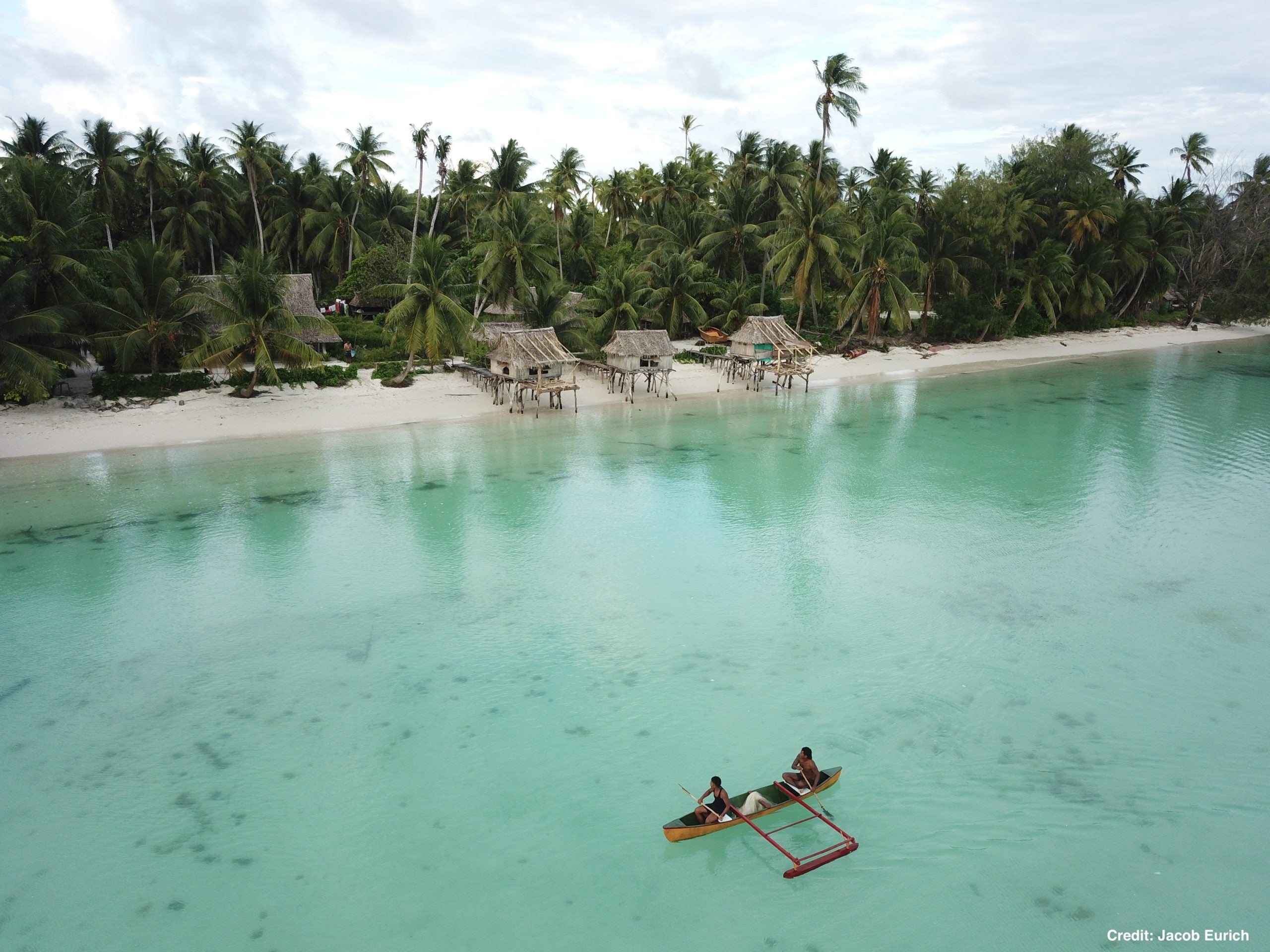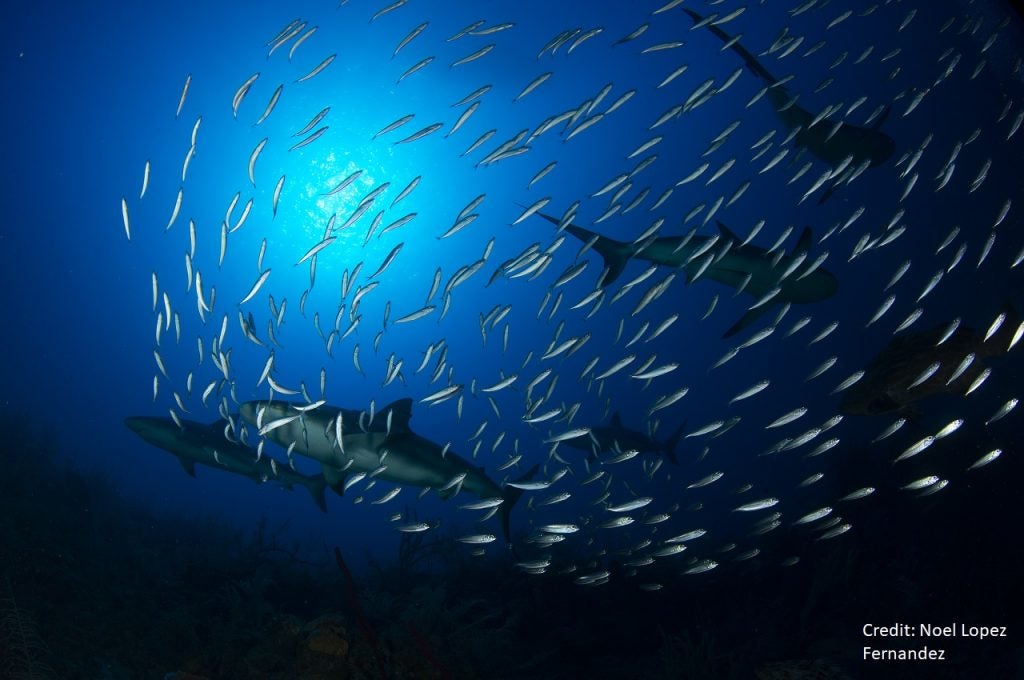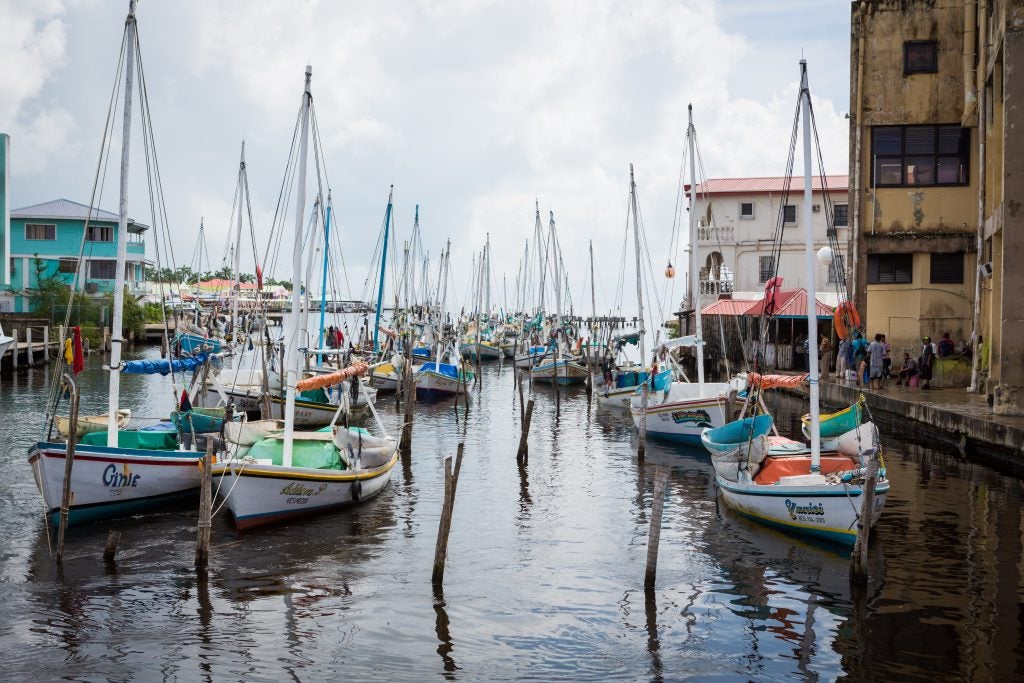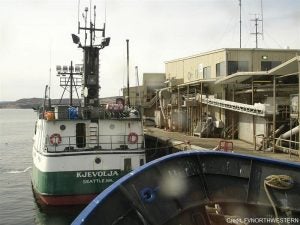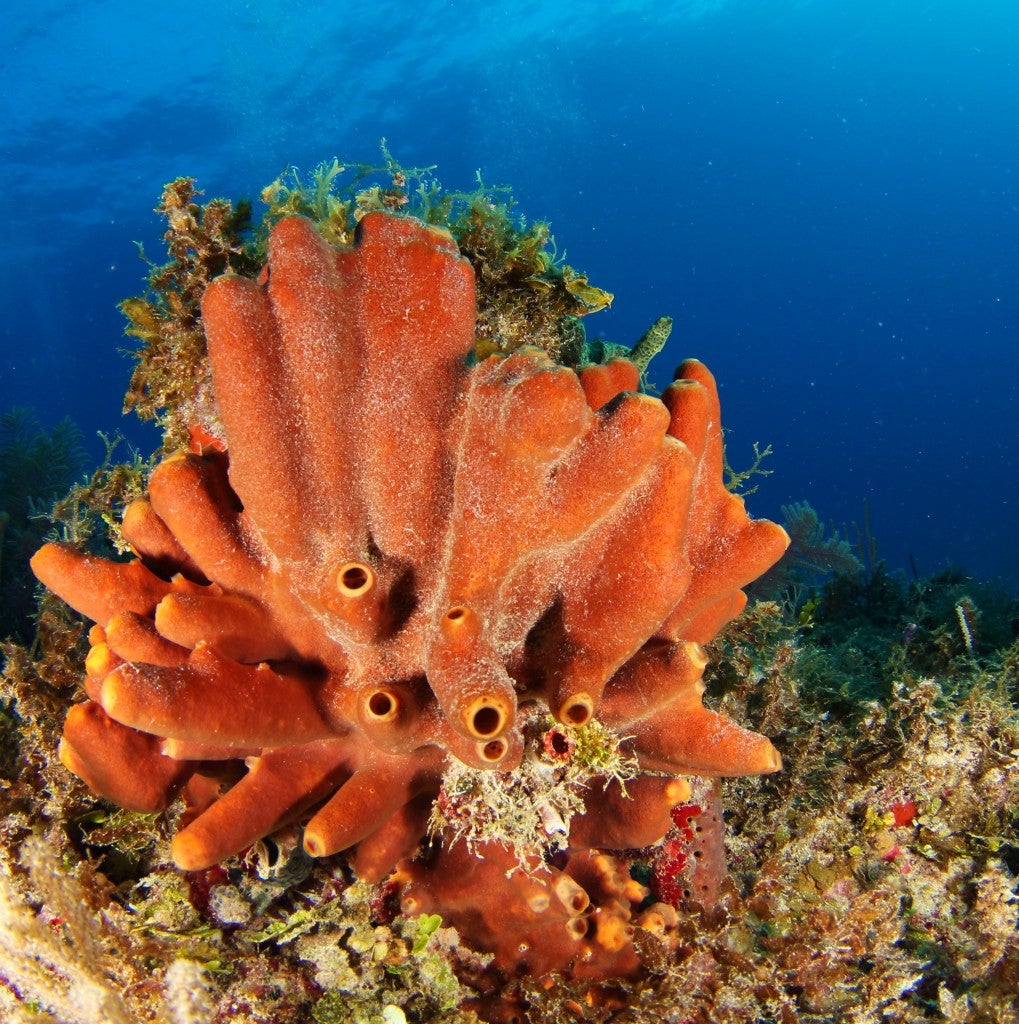By EDF’s Jacob Eurich and Kristin Kleisner, and Kathy Mills, Gulf of Maine Research Institute
Fisheries, including the systems for harvesting, processing and marketing blue foods, are an important pillar of many economies, supporting hundreds of millions of livelihoods. Small-scale fisheries and aquaculture produce more than half of the global fish catch and two-thirds of all the blue foods we eat. Climate change continues to threaten fisheries, altering ocean ecosystems and transforming fish stocks, with climate-induced losses disproportionately impacting the regions and people most dependent on fish for protein and micronutrients—predominantly small-scale fishers in developing, small-island nations in the tropics. Read More










